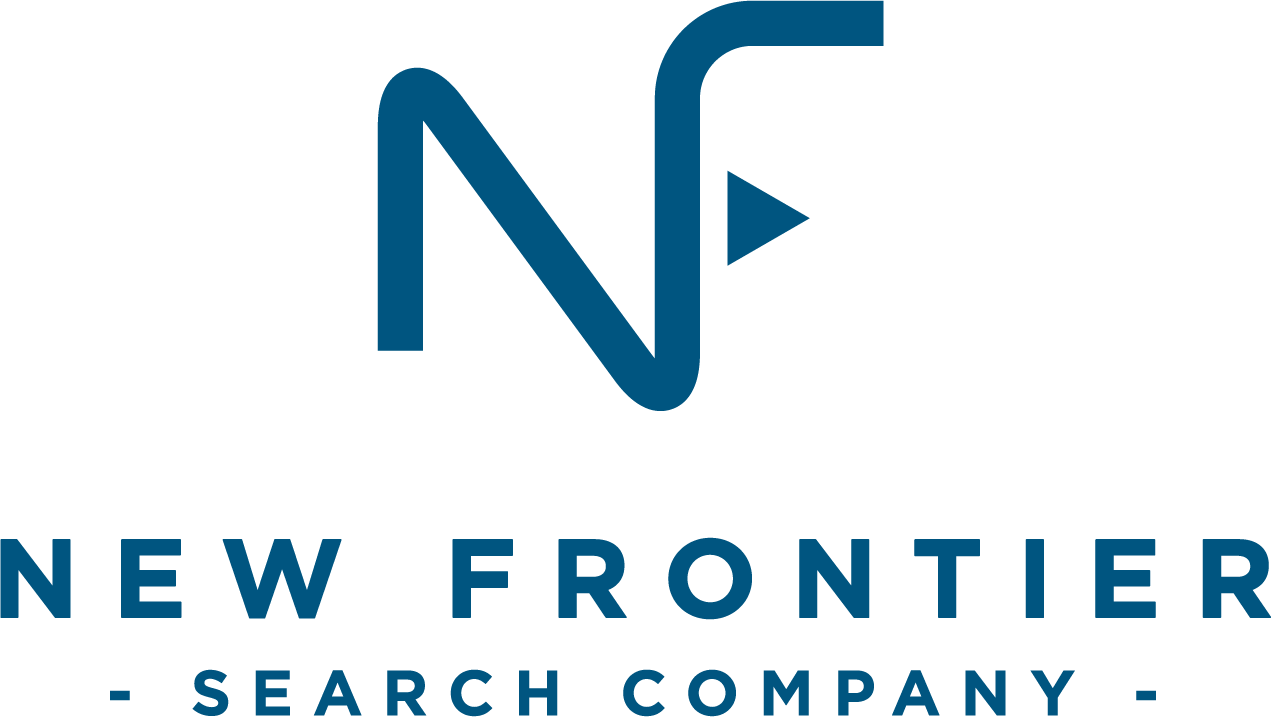Poetry's Dramatic Impact On Health (And Business).
/Neuroscience research supports physical and emotional benefits of reading of poetry and creative writing. But you already knew this.
South Suburbs Bungalow (Staying with Relatives), by Russ Riendeau
Uncle Ted devours a raw potato, a knife, salt shaker, butter tub stand by. Sleeveless shirt hosts a clump of egg yolk—yesterday’s breakfast on his belly. A car honks.
Hounds behind alley fences bark at clouds. Sauerkraut boils, its pungent exhaust singes my nose, pickled beets neatly stacked on stovetop shelves.
Yellow trash pail rim house dangling carrot peels like a bad wig. A moth does 500 laps around dim bulb over the Formica table, falls to its death into the butter.
Peach-colored light shade illuminates beet juice and ketchup spots. Aunt Rosie’s apron threaded through the stove handle, reading glasses in the pocket.
If you just read this poem above, congratulations, you have improved your health, researchers will confirm. Regardless of whether you liked or disliked the poem (I hope you at least found it amusing), the chemical changes in your body made positive improvements because you allowed yourself time to make a few needed repairs.
The Centers For Disease Control & Prevention (CDC) and The World Health Organization have noted the influences of poetry on the human body. Stress hormone shifts, blood pressure drops, respiration improves and heart rates fall when engaged in reading poetry or any creative writing. Poetry has unique benefits due to it’s diverse vocabulary, metaphorical content, brevity, imagery and word patterns. Neuroscience research shows poetry shifts our brains and physical bodies into a different mode of contemplation and problem-solving related to one’s personal and professional life. Poetry lets our thoughts breath easier.
Our 21st Century workday demands and ever-changing technology learning restricts our mental and physical recovery opportunities; time we humans require to maintain a healthy life. Sleep disorders, a huge theft of emotional recovery is an epidemic, according to the CDC. Social media’s constant reports, societal pressures, remote work roles increasing as well as rapid career shifts. Lastly, Artificial Intelligence tools are gathering speed into nearly every aspect of our daily life—all add elements of distraction and pervasiveness to our space.
And while we can’t hide from work or technology (as many of these new elements are very healthy and positive) we all need downtime; time to breath, think, explore, creative, to think bigger/broader/louder/softer. We need time to reflect, set goals and take care of inner and outer self, as well as those around us. There is also evidence to suggest that the creative reading by employees may be more valuable to business than the mandated forms of traditional business training and reading requirements.
If you are doing all you can to improve your business skills, study your craft, balance family, school, relationships, manage employees, make time to read pleasurable things. The benefits will be subtle, yet powerful and healthy without consuming too much time. Committing to reading, even one poem a day or evening, will change the way you see daily life and add another intriguing element to your world.
Today’s poetic voices are different in our 21st Century. These voices rise from eyes and ears that have witnessed more world events, more human change, more human tragedy and human expression and medical advances than the previous five generations combined. Voices that, daily, write what see in our new world unfold in all it’s complexity and humanness—all its beauty and ugliness juxtaposed, giving us pause to consider how we can learn and benefit from the experiences around us. Today's committed poets and free verse writers are far from the stereotypical profiles we saw 50 years ago. Today, the world asks for deeper perspectives.
Let poetry find a small place in your space and watch what happens.

